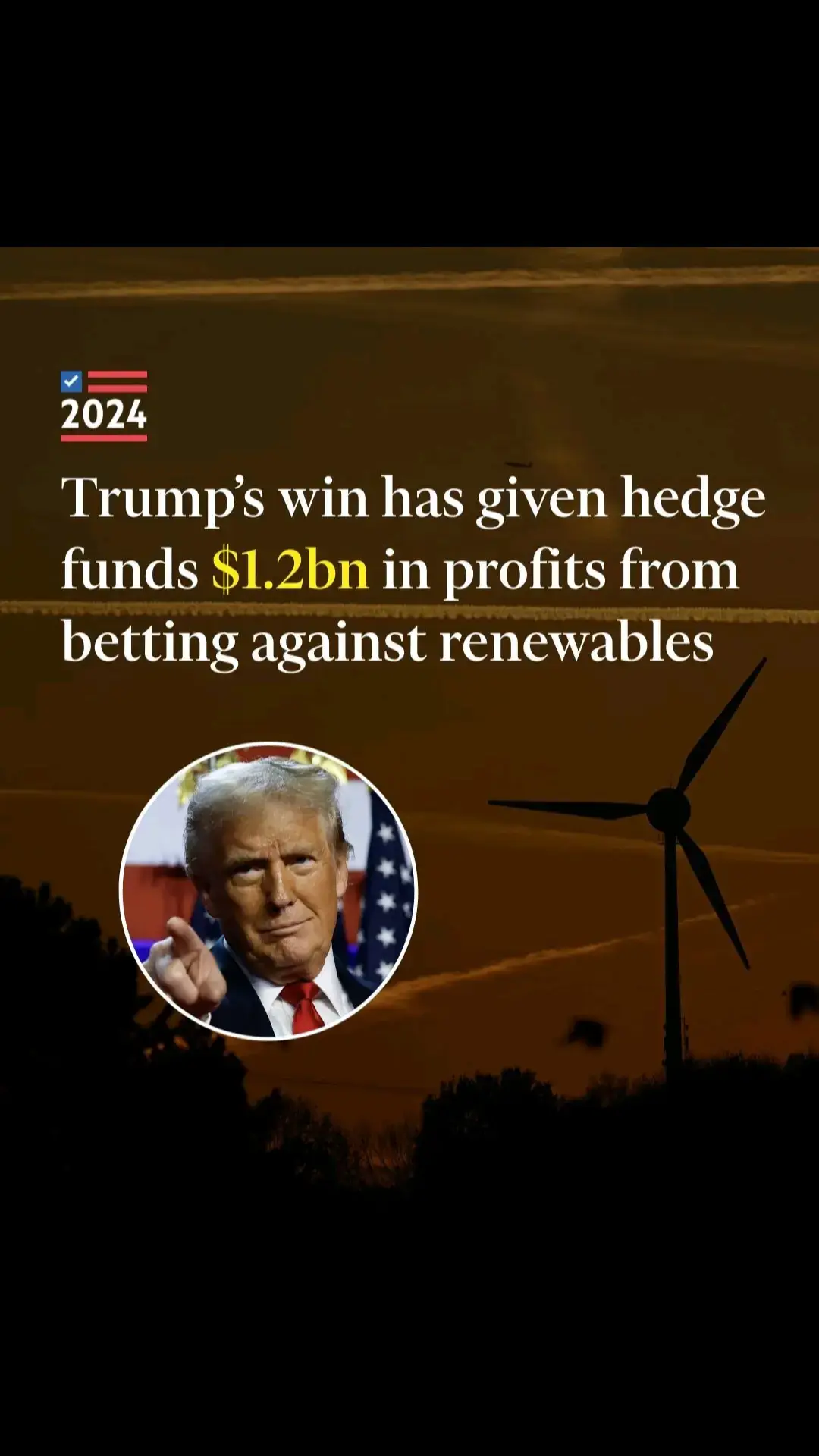الـجـازي..🦌
Region: SA
Monday 23 December 2024 21:08:47 GMT
6695
95
1
24
Music
Download
Comments
hamad :
ما اتوقع مافيه شئ ما يهتز لو بسمة
2024-12-23 21:15:04
0
To see more videos from user @aljazii86, please go to the Tikwm
homepage.





